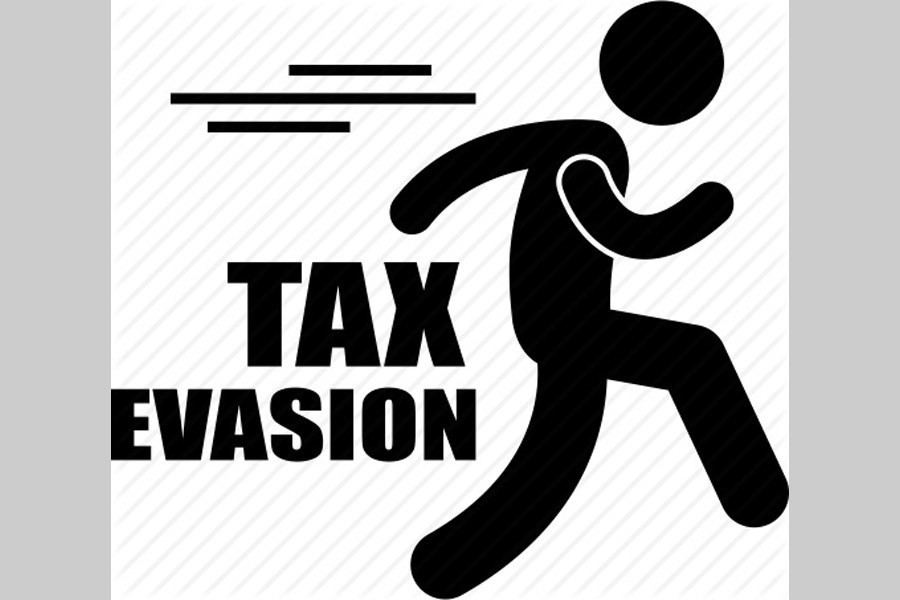Wealth statements, furnished by taxpayers in their income tax and VAT returns, will be cross-checked from now on to detect possible tax evasion, according to a recent decision of the National Board of Revenue (NBR).
The NBR's Income Tax and VAT wings will exchange taxpayers' information between them to help audit tax files.
The board recently instructed its field-level VAT officials to include the strategy in their audit programmes/orders.
The VAT audit department has sent letters to its field-level officials to furnish evidences in their audit reports that they have cross-checked income tax-related information of taxpayers at the time of auditing VAT returns.
The NBR has also sought a list of the companies that will be audited in near future.
The instructions have been sent following a condition attached by the Asian Development Bank (ADB) against disbursement of policy-based loans, said a senior official.
According to the condition, the NBR will have to follow the information exchange method between its Income Tax and VAT wings.
The revenue board will have to select the companies for audit on the basis of risk management, the official also said.
In the instruction to the field-level VAT offices, signed by first secretary Shamima Akter, the NBR sought a list of details on audit of VAT returns under this method by March 5.
The field-level VAT offices will have to furnish the evidences that they have conducted the audit on the basis of information exchange with the Income Tax Wing.
They will have to collect income tax returns and other documents or information of the companies for the ongoing, previous or new audit selection and send reports to the board, the NBR official noted.
The board has given a four-point instruction to its field-level VAT offices, including amending the existing audit schedules to incorporate the information exchange instruction.
The instruction will also be applicable in the case of the Large Taxpayers Unit (LTU) under VAT Wing that will have to collect information from LTU, Income Tax Wing or other income tax zones, he added.
Any of the audit orders or schedules of the VAT offices must have the instruction on information exchange from income tax departments.
The VAT officials have to apprise the NBR in a separate paragraph in the audit report in case of detection of tax evasion by a company on the basis of information collected from the income tax returns.
They will have to preserve the information and provide it as per requirement of the board.
The VAT officials will have to follow a risk management strategy in case of selection of companies for audit. In the audit schedule, the VAT officials will have to furnish analysis with the reasons of risk against selection of each of the companies for audit.
They will follow the risk factors including production of export goods through raw materials that are either VATable or exempted from VAT, according to the NBR instruction.
They will also scrutinize whether the companies, such as Walton and Jamuna Group, which are enjoying tax exemption under Statutory Regulatory Order (SRO), are complying with all of the conditions stipulated against the benefit.
The risk factor also includes the companies that have not faced audit during the last three consecutive years, it added.
The VAT officials will also consider selecting the companies that have shown lower sales than procurement of raw materials or claimed higher refund or rebate or have less value addition.
The process of exchanging income tax and VAT data will help taxmen collect a significant amount of revenue by detecting tax evasion, according to the officials concerned.


